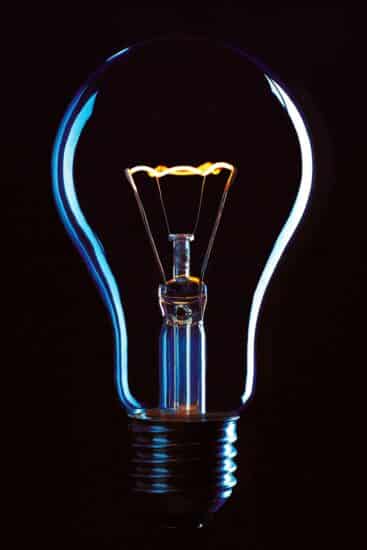Integrating effluent and waste issues
Take action on the production and management of waste and effluents within your company to improve the ecological transition.
Accueil » Trainings » Ecological Transition training » Understanding water consumption and wastewater issues

Awareness-raising and support for in-house executives and managers, to define a project to optimize water management and formalize an action plan for the company in this area.
At the end of this training course, participants will have understood the issues surrounding water consumption and wastewater , and will have initiated a project to optimize water management with an action plan specific to their company.
Executives, managers, key members of the company involved in the Ecological Transition project
None
14 hours (2 days)
Face-to-face on company premises or OF premises or distance learning
Intra- and inter-company
Inter / Presential : 898€ NET tax / participant
Inter / Distanciel : 500€ NET tax / participant
Intra / Presential : 4700€ NET tax / group
Intra / Distanciel : 3000€ NET tax / group
Face-to-face training given by 1 Connection Leadership trainer
Pedagogical tools used: Theoretical contributions and recent figures/studies, concrete case studies, interactive exercises, debates and argumentation, creativity tools (including brainstorming).
Teaching method: learning-based pedagogy with alternating interactive activities using the group’s collective intelligence, content input by the trainer, and work by companies.
Technical resources:
Minimum 6 people for inter
Maximum 14 people
Expert in sustainable development, trained in facilitation and collective intelligence, specialist in helping companies transform around sustainable development and responsible innovation, trainer on water issues.
Pre-course needs questionnaire and learning assessment quiz to better understand the audience’s level and expectations.
Follow-up and support for participants during case studies, exercises, role-playing and in-session tests.
Assessment of knowledge through a Quiz at the end of the course.
Post-training satisfaction and evaluation questionnaire.
Certificate of completion
Take action on the production and management of waste and effluents within your company to improve the ecological transition.

You want to have the knowledge base you need to initiate / manage / contribute effectively to a company program or project related to energy consumption.
Be in a position to act on the lever of raw materials consumption in your ecological transition plan.